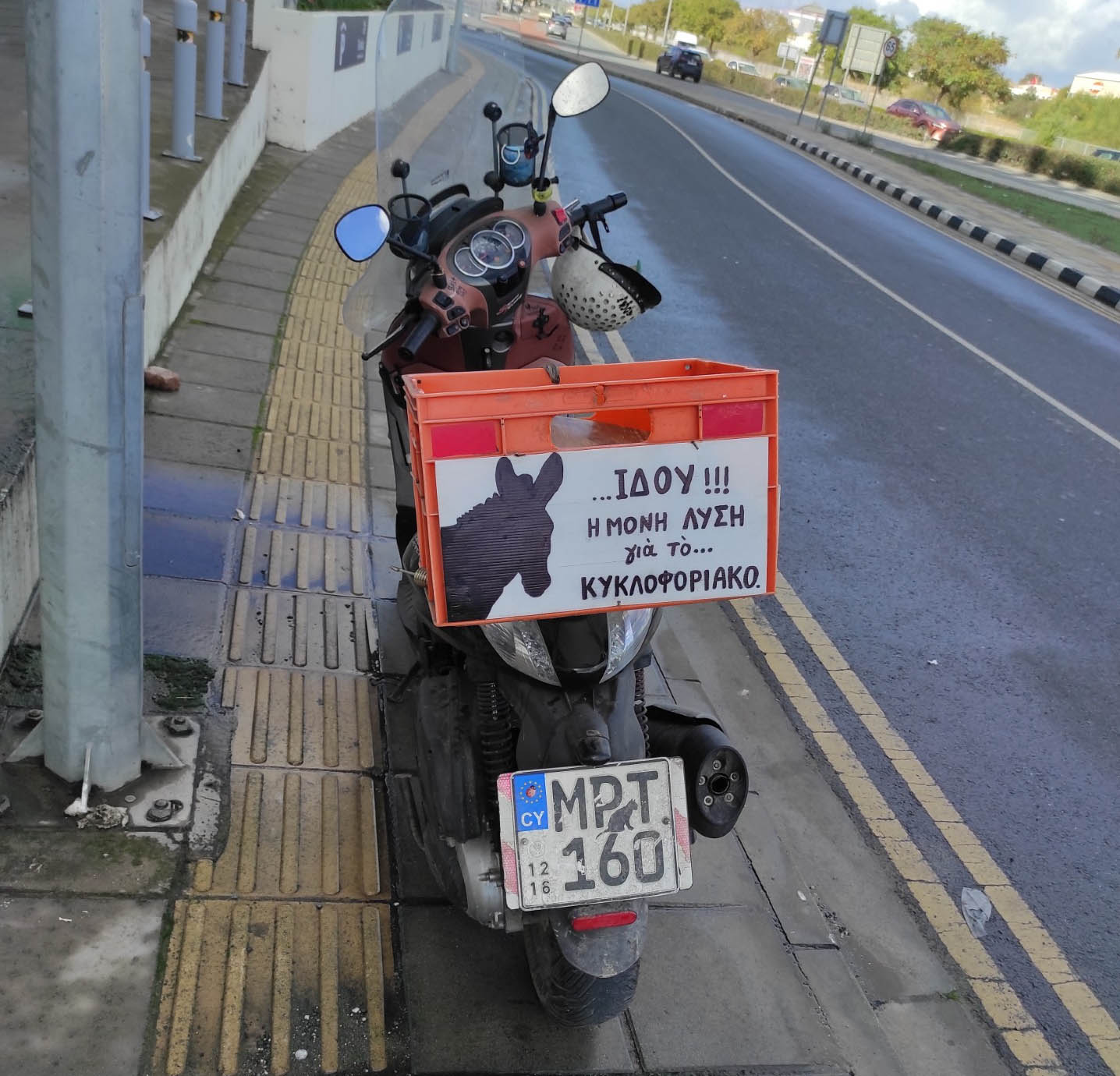More bus routes, more drop-off points and more bus complaints
Disgruntled customers have complained to the Cyprus Mail about deteriorating services on the island’s public bus transport, not only in terms of route connections, but also in terms of drivers’ comportment, which they say is rude and unprofessional.
In Nicosia, incidents brought to our attention include passengers being left behind at stops, refusal to take on board baby prams or other luggage, and drivers carrying on phone conversations with their earbuds in.
From Limassol one reader complained of a road rage incident during which the bus driver chased a car, yelling and swearing and asking its driver for a fight, while a Larnaca airport shuttle user complained of the radio being blasted throughout their entire journey.
Cyprus Mail tried for a week to reach out to state-subsidised Cyprus Public Transport (CPT), the company which runs the Nicosia and Larnaca services, and which operates a call centre to deal with customer complaints.
Eventually our call was returned by an employee who assured us the “responsible person” would contact us – but this never materialised by the time of publication.
Seventy-nine-year-old Strovolos resident Johanna Van Koert, a Dutch transplant who has been using the city’s buses for years, never expected the same quality transport she was accustomed to in her country of origin, “but this is something else!!!” she said.
“For the second time, while waiting for Bus 26 at the Iosif Hadjiossif bus stop, the bus driver saw me and two other people waiting at the stop and simply zoomed past without picking us up,” Van Koert complained.
The first incident happened during last summer’s heatwave on a day when the thermometer hit 44C, she said. The first time, she clocked the behaviour down to a fluke, and sent a polite email to the bus company, to which she received an apology and a promise that the matter would be handled.
The second time she sent a more outspoken email – to which she received no reply at all.
“It is not the first time we have heard this complaint,” state superintendent for public transport Andreas Nikiforou told the Cyprus Mail when contacted, adding that the lack of response to customer complaints by CPT was a “red flag” and assuring it would be looked into.
Nikiforou was at pains to explain that the Nicosia network had undergone a big revamp over the past three years, from a system where every route passed through the city centre hub (Solomon Square), to one based on five hubs whose routes radiate outwards and interconnect.
The “nodes” are Solomon square, Makario stadium, Tamasos, Strovolos (town hall) and the Nicosia general hospital, he said.
But longtime bus rider Van Koert said that despite this touted major improvement-or perhaps because of it-buses ran more frequently in the past.
“Forty years ago buses went from Strovolos to downtown every 40 minutes. They were rattling old buses and you had to yell out ‘stasi!’ for them to stop, but the drivers would never have left behind an elderly person and they didn’t take silly circuitous routes into town!”
There has been no improvement in actual service, other than buses being fancier-looking and boasting WiFi onboard, she said. “Who even needs that for such short distances?”

Van Koert is not alone in her sense that the Nicosia bus service may actually be getting shoddier, despite rhetoric by authorities to the contrary.
“I used to use the buses but not anymore,” 35-year-old domestic helper Nadeeka Lal said.
“Everyone now uses [electric step] scooters – they are much faster. I can’t be changing buses three times to get to work! Nowadays, either my employers pick me up and drop me off, or I use my friend’s moped.”
Nikiforou admitted that the ministry is focused on improving route interconnections, when asked about this. “It is true that transfers are not efficient and add waiting times to a journey.”
The transport ministry is due to re-evaluate and tweak the system based on data collected recently, he said.
“It is the first time we have access to such data and it needs time to be analysed but the goal is certainly to have every route run no less than every 15 to 20 minutes.”
The Nicosia system boasts 725 routes and currently has five electric buses in its roughly 200-strong fleet, Nikiforou added. In 2024, the city’s buses drove over 10 million kilometres, which breaks down to 8.5 million individual trips, the superintendent said.
But other, perhaps less easily quantifiable problems seem to plague the service.
“I have experienced racism on the bus,” Carine Mambou, another domestic worker based in Latsia said, “I don’t know if it is racism or just plain rudeness but you feel the drivers don’t want to help you, they are impatient if you have questions, or are struggling with groceries or a child.”
A shortage of people willing to do the job could also be an exacerbating factor, although according to the ministry, CPT and other providers are strictly contracted to employ only ISO certified drivers, trained according to international and EU standards.
In a bid to enlarge its pool of potential drivers, the association of public transport organisations (Sodem) sent a letter to MPs earlier in the month, calling for the driving age for bus drivers to be lowered from 21 to 18, in order to attract young people into the profession.
If successful, 18-year-olds who have secured the necessary licences and training will be allowed to drive routes shorter than 50 kilometres, based on a European directive.
It remains to be seen whether youthful drivers would be more courteous, more likely to smile, and less likely to wear ear buds and speak on their phones, commit acts of road rage, or leave the elderly stranded.






Click here to change your cookie preferences